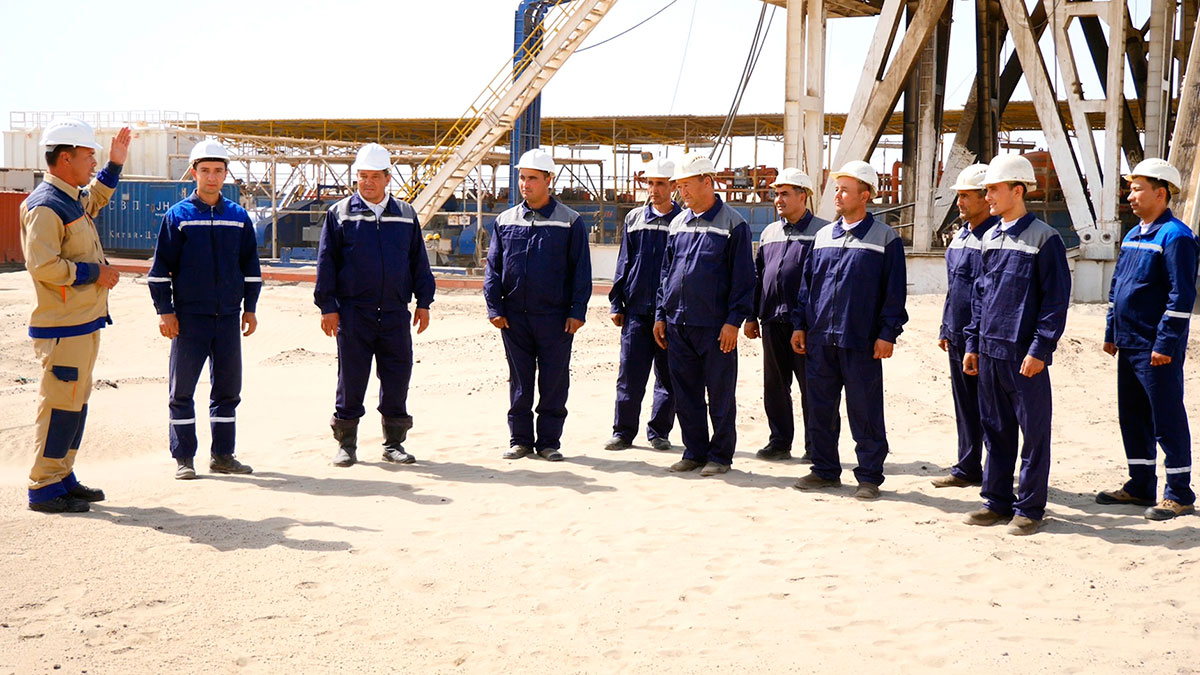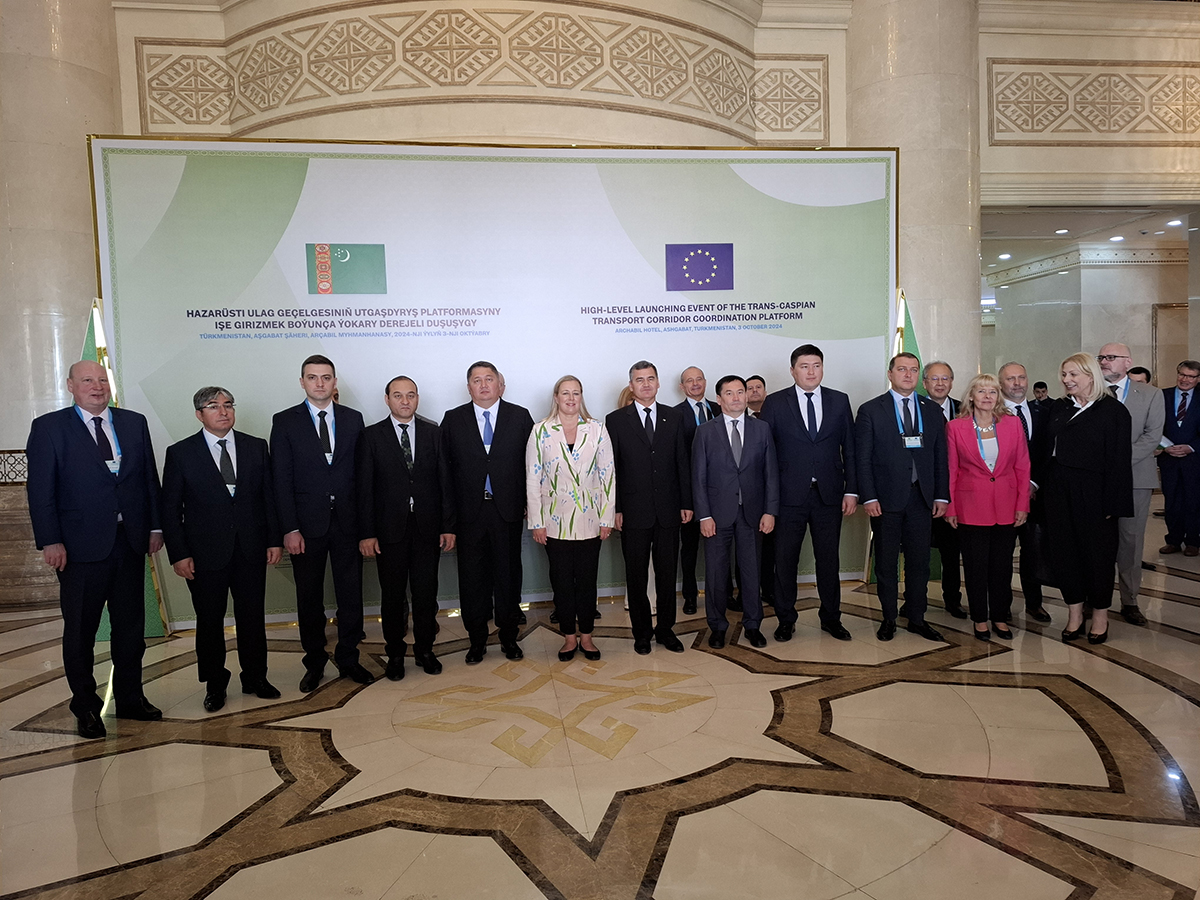The training held at the “Yildiz” Hotel was dedicated to aspects of water use in agro-production in arid climate. The event was organized by the European Union project "Promoting further sustainable development of agriculture and rural areas in Turkmenistan - Phase III (SARD III)" in conjunction with the United Nations Development Program project "Efficient use of energy and renewable energy sources for sustainable water management in Turkmenistan (EERE)". The projects are implemented in partnership with the Ministry of Agriculture and Water Management of Turkmenistan.
The representatives of the Ministry of Agriculture and Water Resources, its structural units in the Ahal and Balkan regions, as well as specialists of the “Turkmensuwylymtaslama” Institute attended the seminar. Scientists, irrigation managers and experts reported modern methods of watering various crops, including circular and frontal irrigation systems, sprinklers and drip systems, which allow saving up to 40-50% of water in the cultivation of various crops. It were also discussed technical, legal and economic aspects of water use and application of water-saving technologies.
David Pepper, a SARD III expert from the UK, shared his experience in growing potatoes and onions in Saudi Arabia and ways to irrigate these crops in a hot climate. The participants within the framework of the seminar visited the scientific and experimental site "Green Polygon" in the Goktepe Etrap of the Akhal region for getting acquainted with various water-saving technologies.
According to the participants of the training, the specialists in the water management sphere, obtained within the framework of the implementation of knowledge projects, are important in the context of increasing the production of agricultural crops and implementing the state program of import substitution.
The representatives of the Ministry of Agriculture and Water Resources, its structural units in the Ahal and Balkan regions, as well as specialists of the “Turkmensuwylymtaslama” Institute attended the seminar. Scientists, irrigation managers and experts reported modern methods of watering various crops, including circular and frontal irrigation systems, sprinklers and drip systems, which allow saving up to 40-50% of water in the cultivation of various crops. It were also discussed technical, legal and economic aspects of water use and application of water-saving technologies.
David Pepper, a SARD III expert from the UK, shared his experience in growing potatoes and onions in Saudi Arabia and ways to irrigate these crops in a hot climate. The participants within the framework of the seminar visited the scientific and experimental site "Green Polygon" in the Goktepe Etrap of the Akhal region for getting acquainted with various water-saving technologies.
According to the participants of the training, the specialists in the water management sphere, obtained within the framework of the implementation of knowledge projects, are important in the context of increasing the production of agricultural crops and implementing the state program of import substitution.






